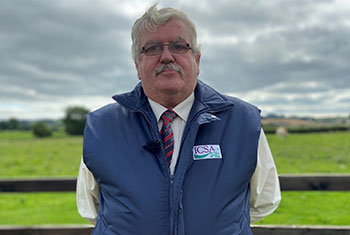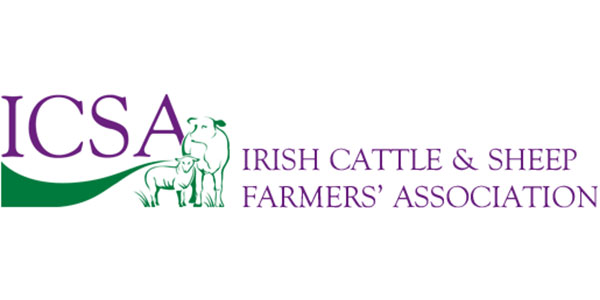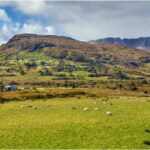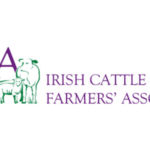14 APRIL 2021
ICSA president Dermot Kelleher has told the Joint Oireachtas Committee on Agriculture and the Marine that CAP payments need to be harnessed to better support the low-income sectors in cattle, sheep and small to medium scale tillage. “We have to look after smaller scale family farms particularly those that are struggling. The most obvious way to do that is to create a worthwhile agri-environment scheme that delivers up to €15,000. This would be a significant boost to cattle and sheep farmers in particular who have never really recovered from the loss of the REPS scheme.”
Mr Kelleher also pointed out that the proposed eco-scheme should be balanced in favour of low and medium intensity farmers rather than those who require a derogation from the nitrates directive. “The EU is jumping up and down about the Green Deal but the reality is that the only way to live off land now is to get into dairying or rent to an intensive, expanding dairy farmer. If we want a balanced agricultural plan, where Ireland is delivering on the EU’s environmental targets, then the farmer who goes the less intensive, more biodiverse route must be rewarded. Otherwise talk is cheap. The GLAS scheme was only a mickey mouse scheme by the time planners and other costs were taken into account.”
Mr Kelleher pointed out that the 2019 Teagasc National Farm Survey showed that dairy farmers were four times more profitable than cattle or sheep farmers. Surprisingly, their Basic Payment per hectare was actually higher than sheep or suckler farmers and very similar to beef farmers. (See Figure 1 below & attached). “It cannot be right that the most profitable sector is now doing better out of Pillar 1 CAP supports than many of the farmers who need it most. It might be acceptable if there was a worthwhile agri-environment scheme and an eco-scheme to balance things out but there isn’t. ICSA is concerned that the new agri-environment and eco-schemes will also favour the intensive dairy farmer which is neither fair nor in compliance with green objectives.”
ICSA also supports capping the CAP Pillar 1 payments at €60,000 and that hired-in farm labour should not be used as a way of circumventing this. “We don’t like capping for the fun of it; but we have to be real. It is better to cap the payments than to have even more severe cuts on ordinary family farms which are likely due to convergence and the limited budget. ICSA wants to see the payments protected to the greatest extent possible below this level. It is not right that farmers with payments of less than €20,000 were cut severely in recent years due to convergence and budget cuts.”
Mr Kelleher also made it clear that ICSA opposes any downgrading of the eligibility of land. “I’ve spent my whole ICSA career fighting for the principle that no farmer should be discriminated against based on the land farmed – whether that be peatland, limestone crag, riverbank, upland or any kind of marginal land. Land should be eligible and all the more so if it’s biodiverse. The red-lining of land parcels needs to be binned in the future CAP. It makes no sense at a time when the EU and others are calling for re-wilding, wider buffer zones, more habitats and more hedges and trees.”
“ICSA also wants to see a continuation of schemes such as BDGP, BEEP, sheep welfare, organic farming, and ANC in the next CAP. We make no apologies for saying that cattle, sheep and smaller scale tillage farmers need more support.”

Figure 1 – Teagasc National Farm Survey (2019)
ENDS






